Summaries of books about Philosophy:
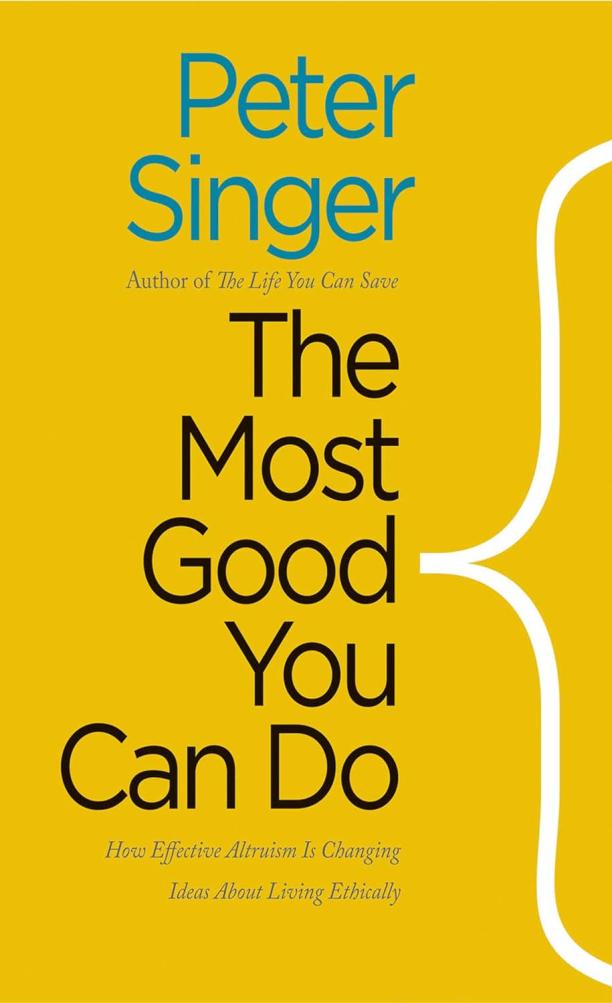
The Most Good You Can Do
How Effective Altruism Is Changing Ideas About Living Ethically
Peter Singer
The book explores the philosophy and social movement of effective altruism, which advocates using evidence and reason to determine the most effective ways to benefit others. It discusses how individuals can make a significant positive impact on the world through career choices, where they donate money, and how they spend their time.
See full summary

Nursing Research
Denise Polit|Cheryl Beck
The book serves as a comprehensive guide to the principles and methods of nursing research, providing readers with strategies for designing studies, collecting and analyzing data, and evaluating evidence for practice. It covers both quantitative and qualitative research methodologies, emphasizing the importance of ethical considerations and the application of research findings to improve patient care.
See full summary
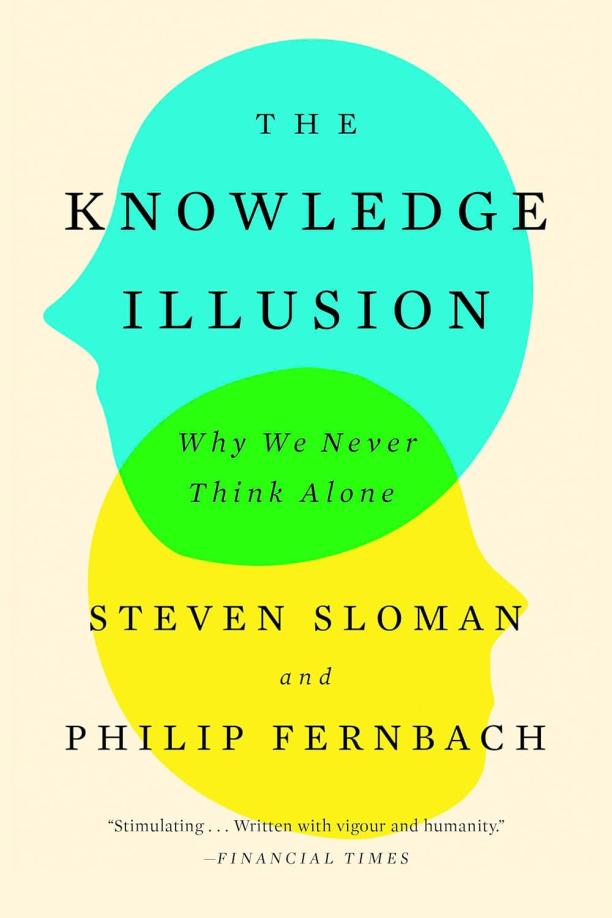
The Knowledge Illusion
Why We Never Think Alone
Steven Sloman|Philip Fernbach
The book explores the concept of the "community of knowledge," arguing that individuals rely on collective intelligence and often overestimate their own understanding of complex phenomena. It delves into the cognitive processes behind this illusion, emphasizing the importance of collaboration and shared knowledge in human cognition.
See full summary
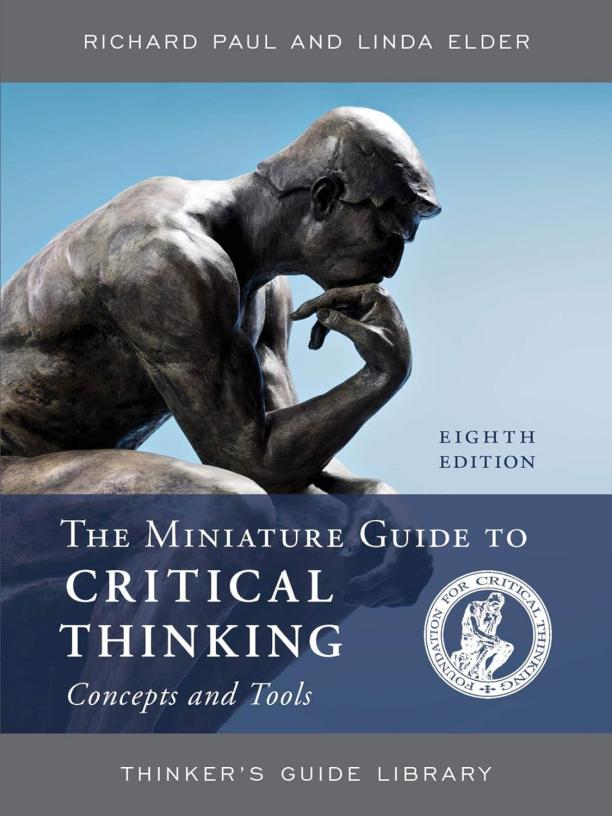
The Miniature Guide to Critical Thinking Concepts and Tools
Richard Paul|Linda Elder
The book provides a concise overview of essential critical thinking principles and strategies, offering readers practical tools to enhance their reasoning skills. It covers concepts such as the elements of thought, intellectual standards, and the traits of a critical thinker, aiming to foster analytical thinking in everyday situations.
See full summary
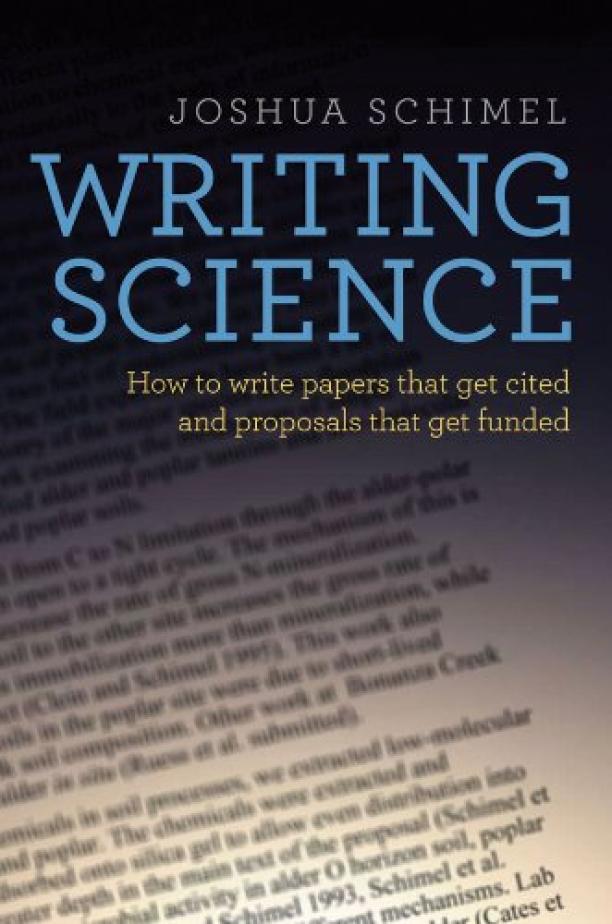
Writing Science
How to Write Papers That Get Cited and Proposals That Get Funded
Joshua Schimel
The book provides practical guidance on crafting scientific papers and proposals with clarity and impact, emphasizing the storytelling aspect of science writing. It covers the structure of scientific arguments, the importance of language and style, and strategies for targeting the right audience to maximize citations and funding success.
See full summary
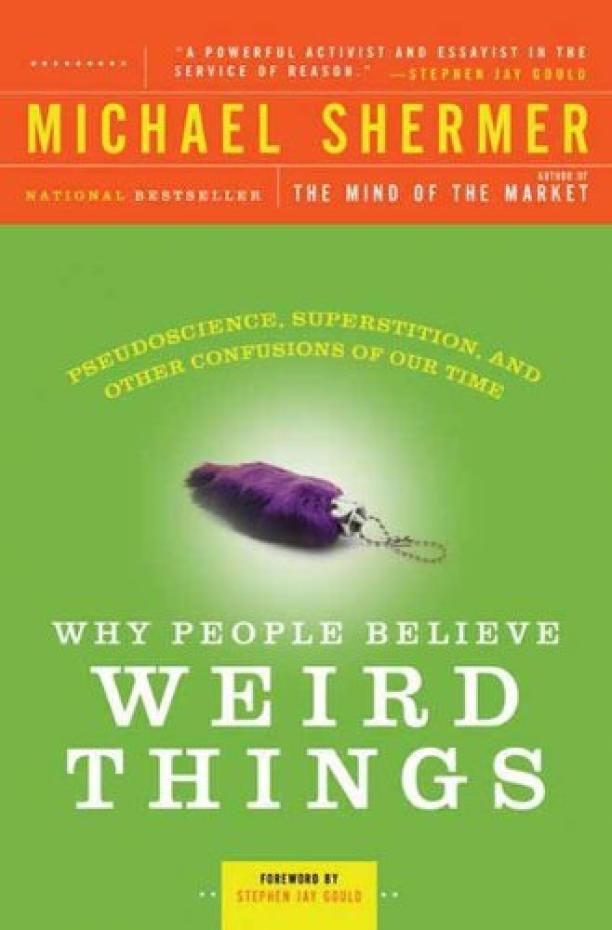
Why People Believe Weird Things
Pseudoscience, Superstition, and Other Confusions of Our Time
Michael Shermer
The book critically examines a range of pseudoscientific concepts and superstitions, exploring the reasons behind people's attraction to these beliefs despite the lack of empirical evidence. It delves into the cognitive biases and social factors that contribute to the acceptance of the paranormal, creationism, and other unfounded ideas.
See full summary
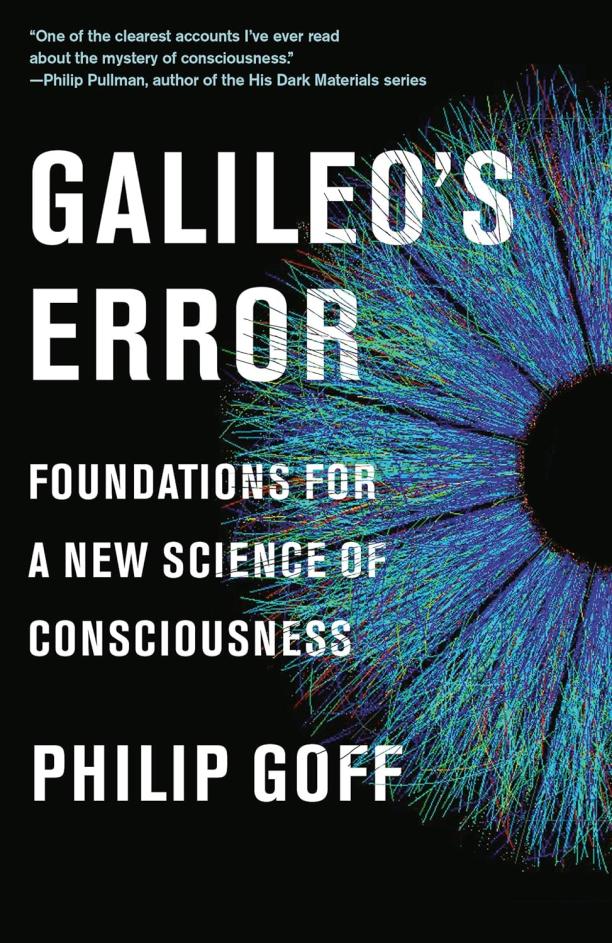
Galileo's Error
Foundations for a New Science of Consciousness
Philip Goff
The book presents an argument for panpsychism, the philosophical view that consciousness is a fundamental feature of the universe present even at the atomic level. It critiques materialist approaches to understanding consciousness and proposes that integrating consciousness into the scientific worldview can lead to a more comprehensive understanding of the nature of reality.
See full summary
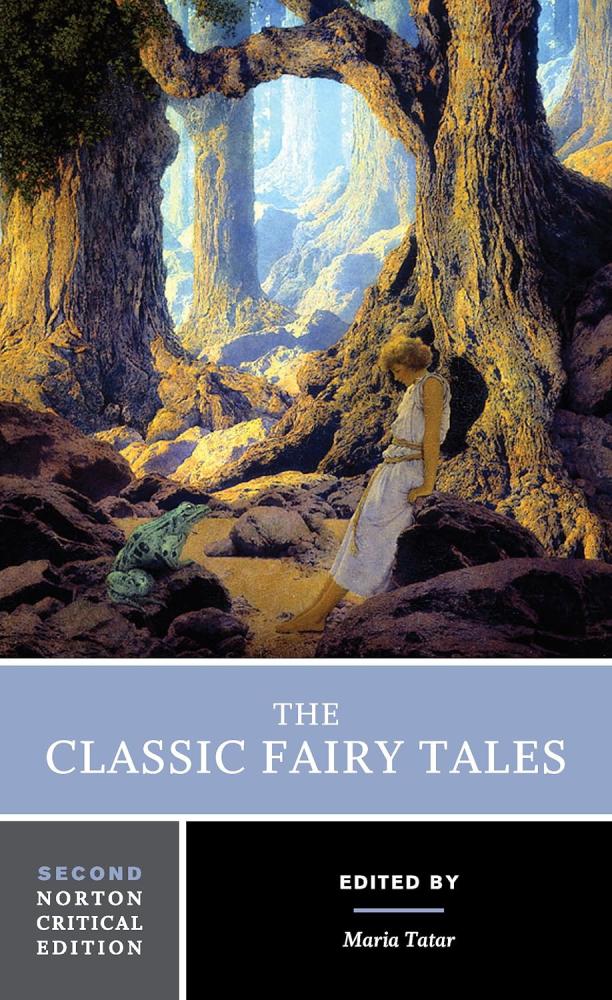
The Classic Fairy Tales
Maria Tatar
The book presents a collection of iconic fairy tales from various cultural traditions, including the works of the Brothers Grimm, Hans Christian Andersen, and Charles Perrault, alongside critical essays and commentary that explore the historical, cultural, and psychological dimensions of these enduring stories. It also examines the evolution of fairy tales and their impact on readers and society.
See full summary
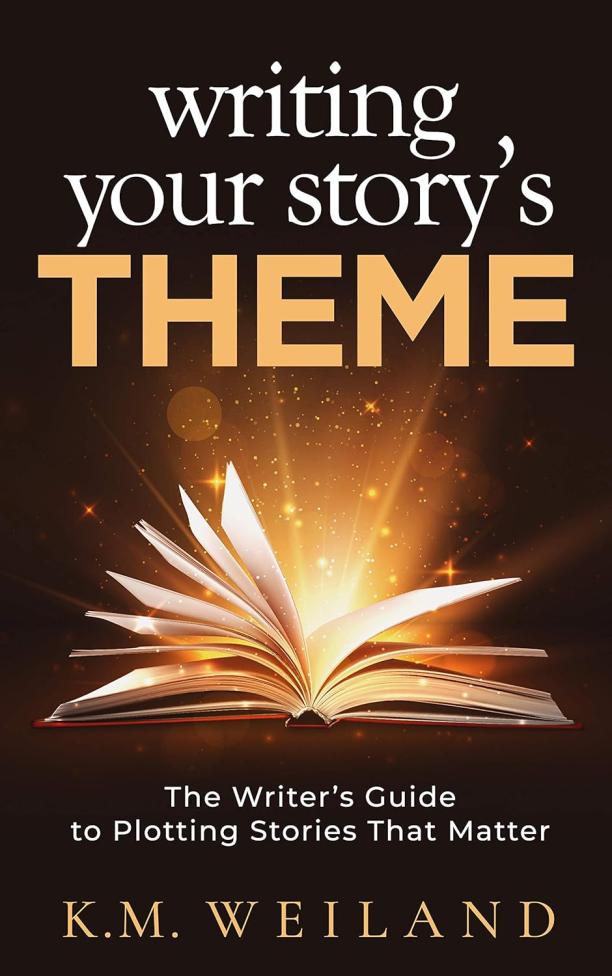
Writing Your Story's Theme
The Writer's Guide to Plotting Stories That Matter
K.M. Weiland
The book provides guidance on how to deeply integrate theme into a story's plot, ensuring that the narrative is cohesive and meaningful. It offers practical advice and tools for writers to craft stories that resonate with readers on an emotional and intellectual level by focusing on the thematic elements that give a story its significance.
See full summary
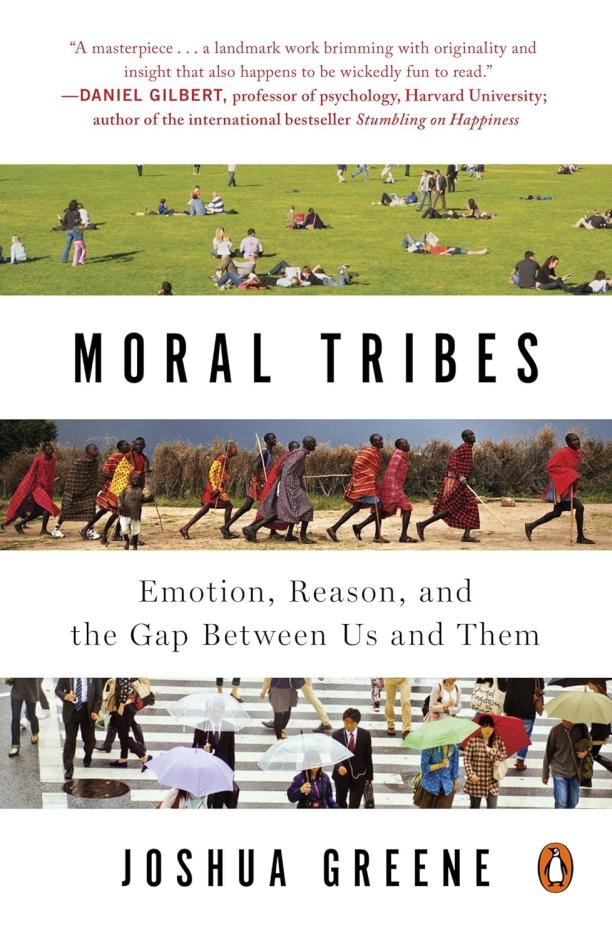
Moral Tribes
Emotion, Reason, and the Gap Between Us and Them
Joshua Greene
The book explores the psychological underpinnings of morality, emphasizing the conflict between our innate moral instincts that serve tribalistic ends and the need for a more universal ethics to navigate the modern, pluralistic world. It advocates for using a combination of emotional intuition and rational deliberation to resolve moral dilemmas, proposing a "metamorality" based on the principle of maximizing overall well-being.
See full summary